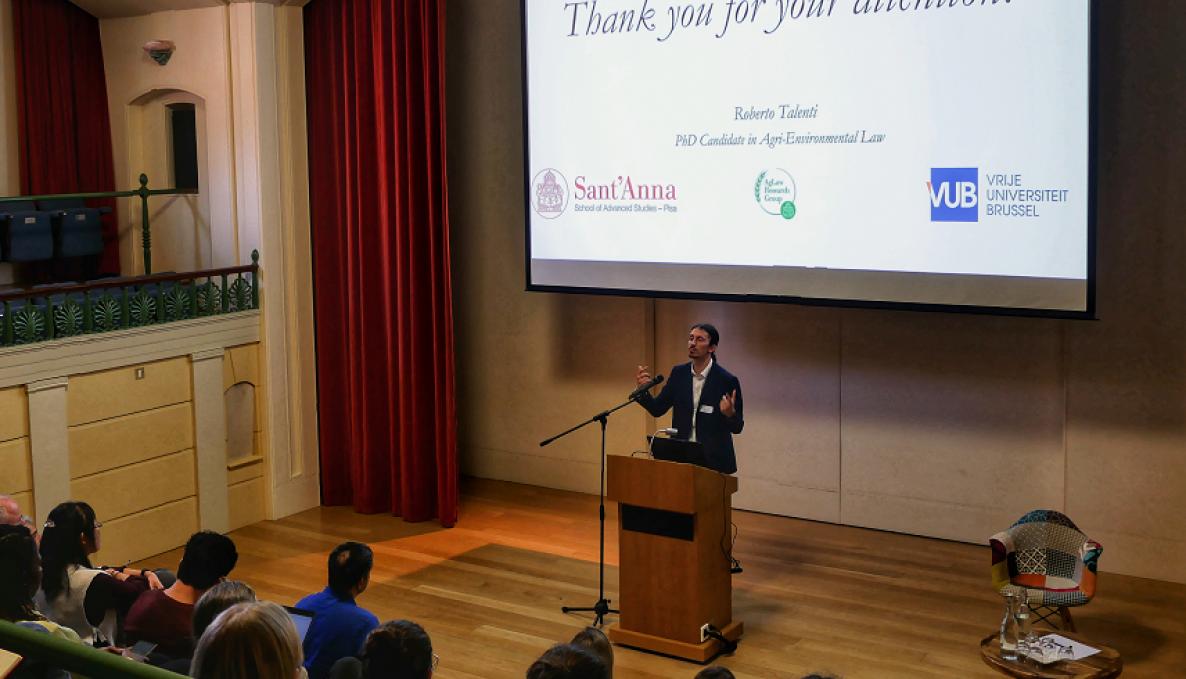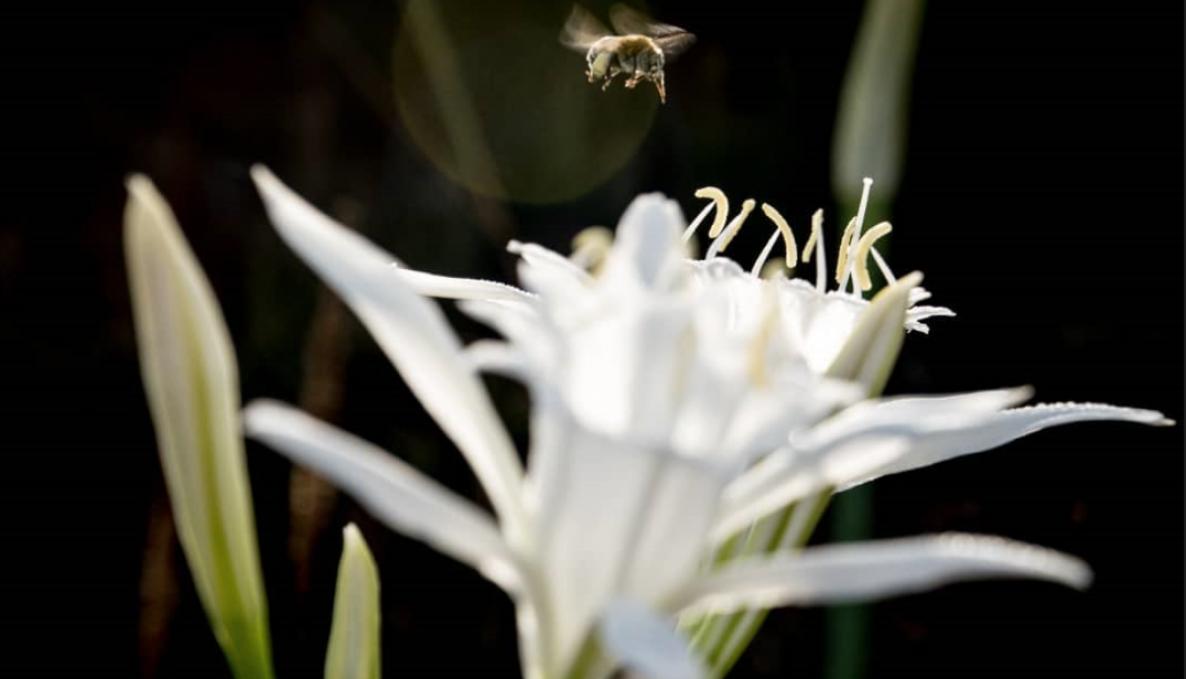Towards climate neutrality: the impact of the livestock industry and European legislation at the centre of a study by Roberto Talenti, PhD student in Agri-Environmental Law, presented at the Oxford University
The research, presented during the LEAP (Livestock, Environment and People) Conference, aims to understand the extent to which the European regulatory framework for livestock-related greenhouse gas emissions is consistent with the central objective of the Green Deal

In order to bring the attention of the academic community and policy makers back to the central goal of the Green Deal - the achievement of climate neutrality by 2050 - which attributes a central role to the agricultural sector in achieving this goal, Roberto Talenti, a Phd student in Agri-Environmental Law, member of the AgLaw Group of the Dirpolis Institute (Law, Policy, Development) of the Sant'Anna School, visiting researcher at the Vrije Universitet Brussels, presented the results of his research at the University of Oxford, in the context of the LEAP (Livestock, Environment and People) Conference.
The conference organisers recognise that ‘the growing demand for meat matters as its consumption has significant effects on people’s health and livestock production can have major environmental impacts’. With this in mind, the aim of the conference is to discuss ‘the health, environmental, social and economic effects of meat and dairy production and consumption to provide evidence and tools for decision makers to promote healthy and sustainable diets’.
In his speech, Roberto Talenti presented the results of his research entitled Revising the European Regulatory Framework for Livestock-Related GHG Emissions – Is the EU Really Advancing Towards Climate Neutrality?”. As Roberto Talenti pointed out, "Achieving the goal of climate neutrality enshrined in both the European Green Deal and European climate law is one of the most crucial challenges facing the European legislator. Given that the process of reviewing European legislation undertaken as part of the fit-for-55 package has recently come to an end, it is crucial to assess whether it has put the EU on the right track towards the goal of net zero emissions. To address this issue, my research,' Roberto Talenti continues, 'aims to understand the extent to which the EU 's regulatory framework for livestock-related greenhouse gas emissions is consistent with climate neutrality’.
The focus on the livestock sector is not accidental because it represents a significant and constant source of greenhouse gas emissions both at the European and global level. Furthermore, as the European Court of Auditors points out, although scientific and technological changes can play a role in increasing livestock farming efficiency, 'some of these practices encourage production expansion and may thus increase net emissions.' Consequently, the mitigation of livestock emissions will have to come from reducing the levels of animal food production and consumption.
Cover photo: Roberto Talenti at the University of Oxford, during his keynote speech at the LEAP (Livestock, Environment and People) Conference.



